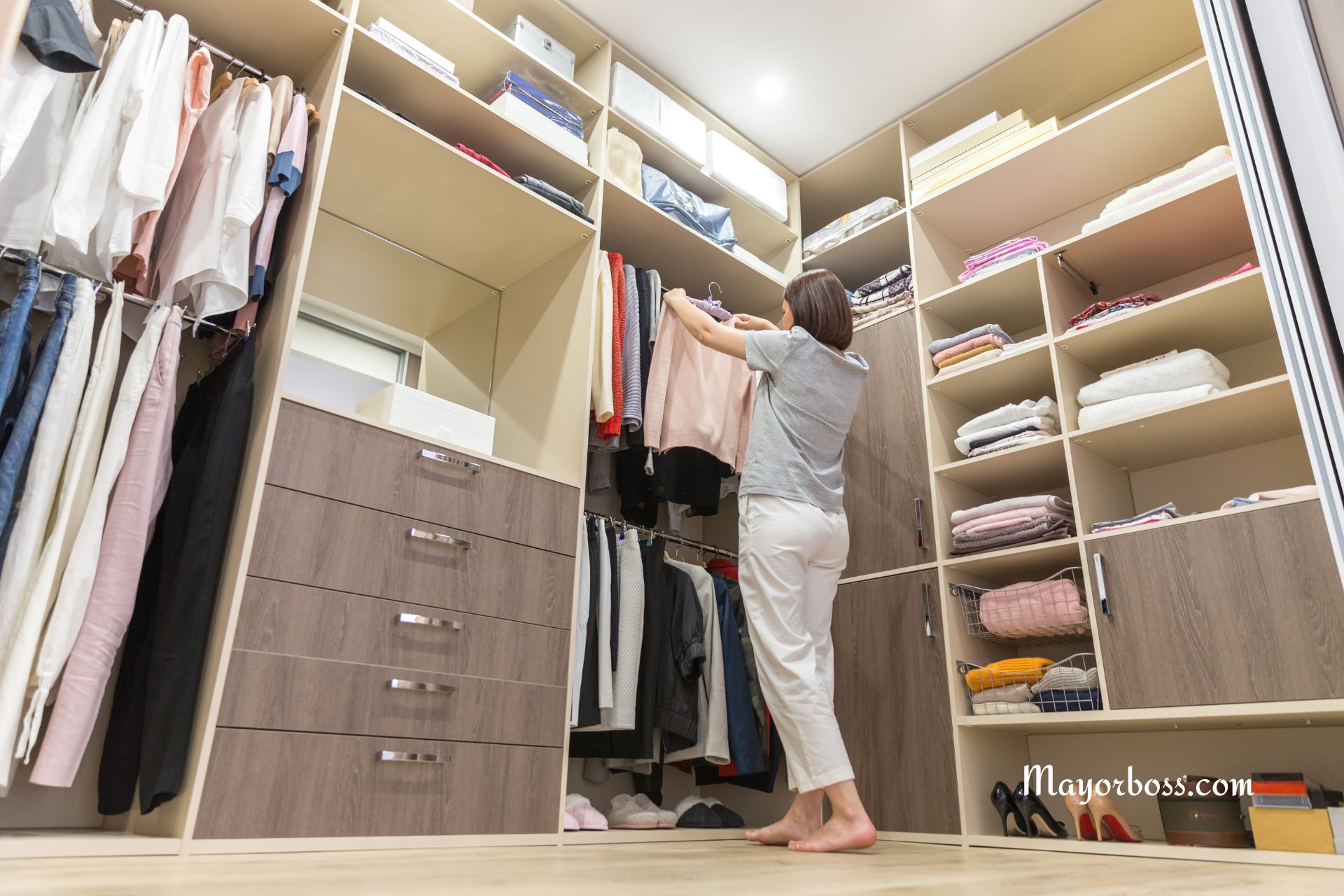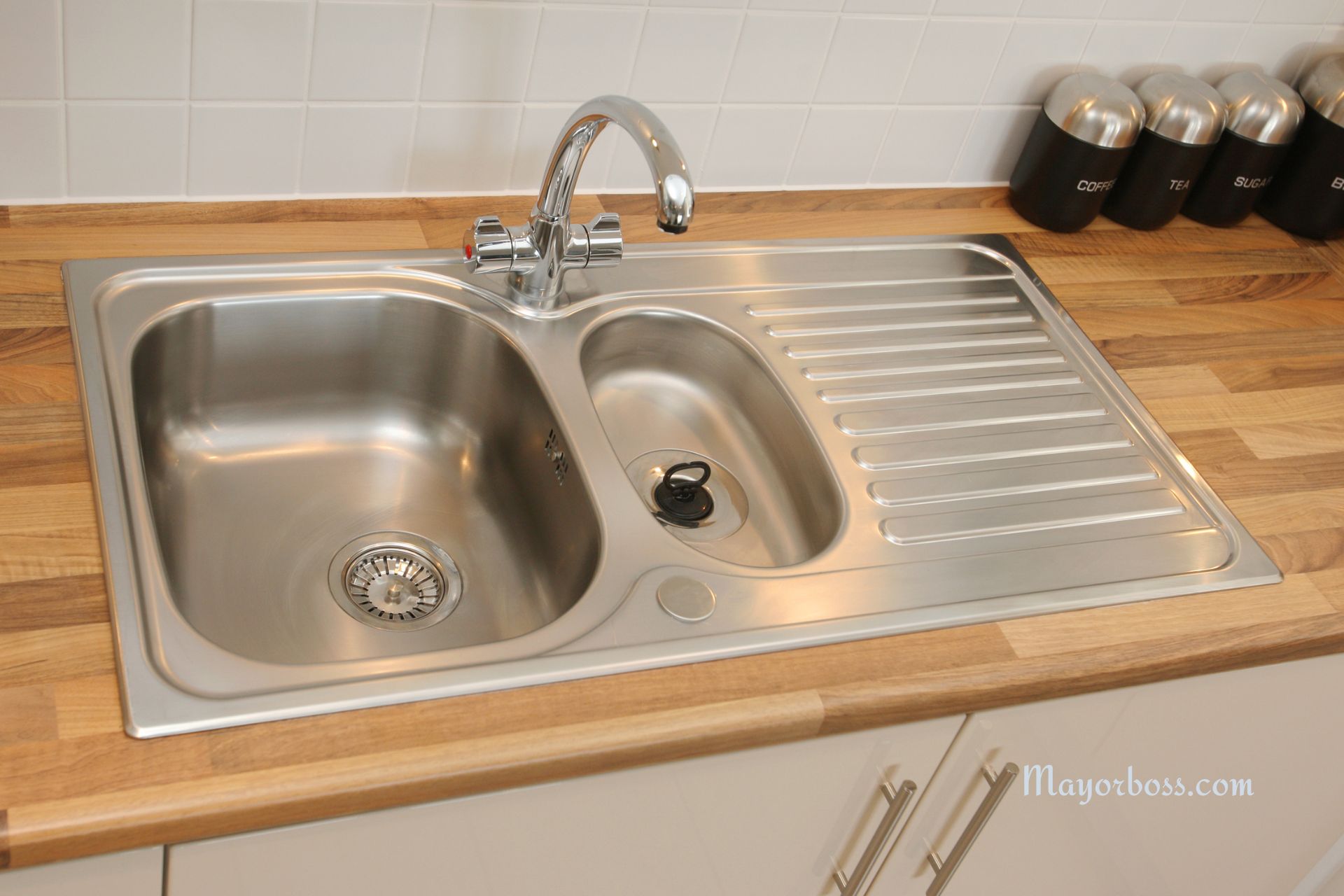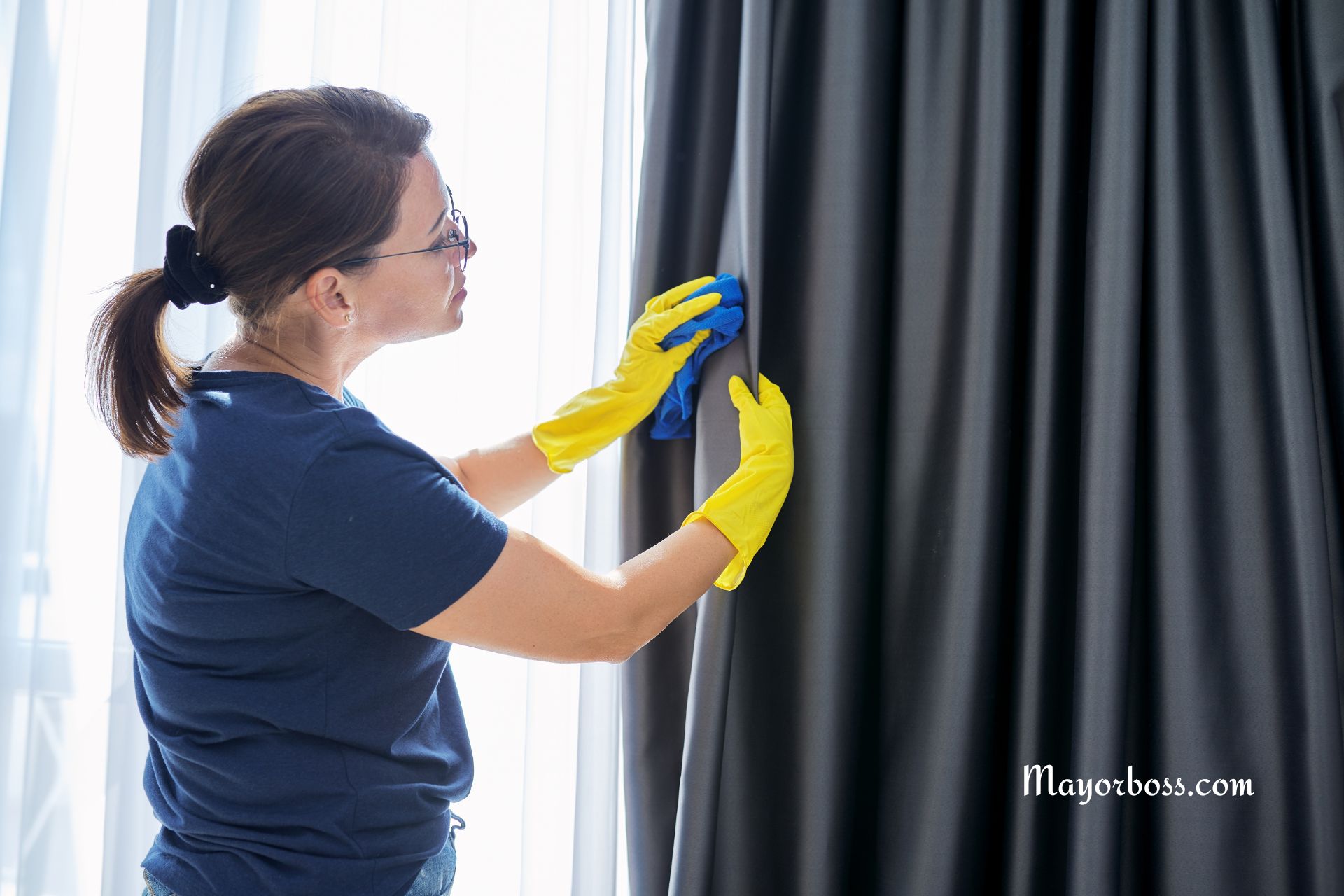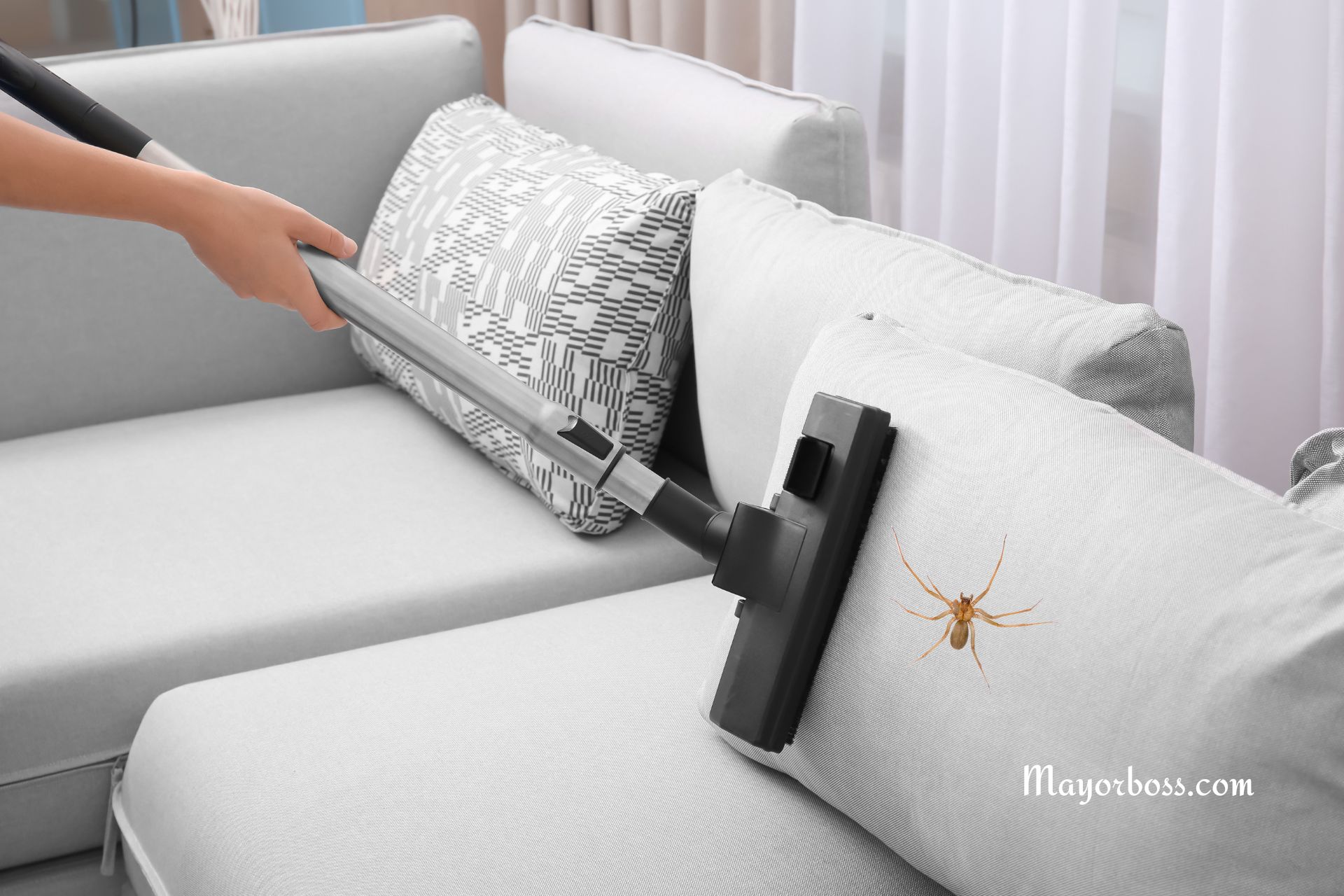How to Fall Asleep in Unbearable Heat: Useful Life Hacks
Struggling to sleep when it’s hot? Getting a good night’s sleep in hot weather can feel impossible. Your body needs to cool down before you can fall asleep, but when the air feels thick and heavy, it’s easy to toss and turn for hours. If you’re reading this because you just can’t get comfortable, you’re not alone. Many people struggle to sleep well during heat waves or in homes without air conditioning.
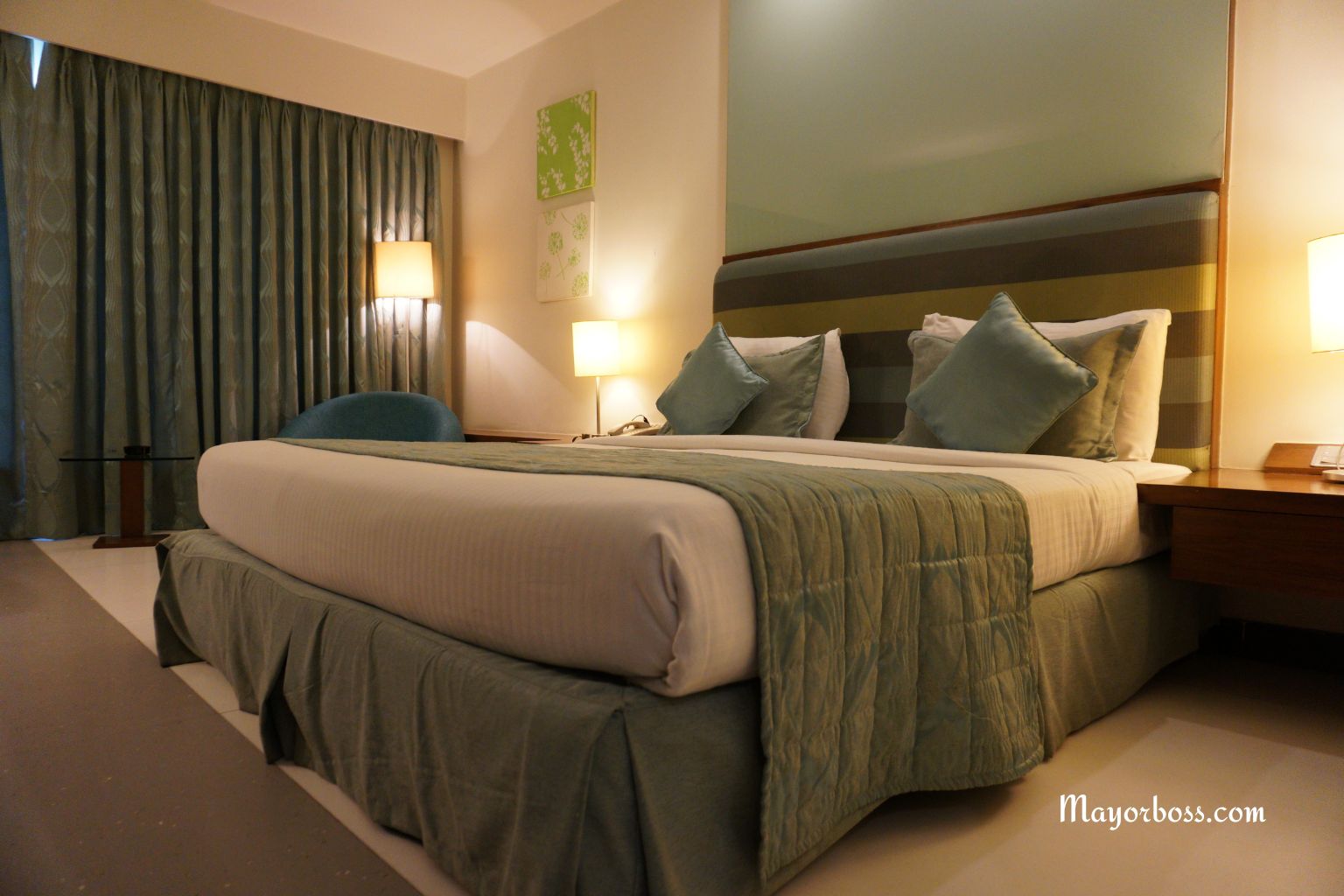
First, it helps to know why heat affects your sleep. Your body temperature naturally drops at night, signaling your brain that it’s time to rest. When your environment is too warm, your body can’t cool down as easily. This makes it harder to fall asleep and stay asleep.
Research shows that temperatures above 24°C (75°F) can disrupt sleep quality, cause more awakenings, and shorten your time in deep sleep.
1. Keep Your Bedroom as Cool as Possible
Start by doing what you can to lower the temperature in your bedroom. During the day, close the curtains or blinds to block out sunlight and prevent heat buildup. In the evening, open windows to create a cross-breeze. If there’s no breeze, place a fan near a window to help pull in cooler air.
A basic, but often forgotten tip: turn off lights and electronics before bed. These give off heat and can raise the room’s temperature even more.
2. Use Fans Strategically
Place a fan so that it blows across your body or toward an open window to move hot air out. If you have more than one fan, set one to blow air in and another to blow air out, creating a stronger current.
A popular trick: place a bowl of ice or a frozen water bottle in front of the fan. The air blowing over the ice picks up moisture and feels cooler.
3. Rethink Your Bedding
Swap out heavy blankets and thick comforters for lightweight sheets. Choose breathable materials such as cotton or linen. Avoid synthetic fabrics, which trap heat and sweat.
You can even try putting your pillowcase or a thin sheet in the freezer for a few minutes before bed. It won’t stay cold all night, but the initial chill can help you relax as you try to fall asleep.
4. Cool Down Your Body Before Bed
Lowering your core body temperature makes it easier to fall asleep. Here’s how you can do that:
- Take a lukewarm shower: Not too cold, not too hot. A lukewarm shower helps wash away sweat and brings your body temperature down naturally.
- Soak your feet in cool water: Your feet have many blood vessels close to the skin. Cooling them can help you feel more comfortable overall.
- Use a damp washcloth: Dab a cold, damp cloth on your wrists, neck, or forehead before lying down.
5. Hydrate, but Not Too Much
Drink plenty of water during the day to avoid dehydration, which can make you feel hotter. But try not to drink too much right before bed. Waking up to use the bathroom will interrupt your sleep and can make it harder to cool down again.
6. Sleep Low and Spread Out
Heat rises, so the floor is often cooler than your bed. If you’re desperate, try sleeping on a mattress or blanket on the floor. Spread out as much as possible. Sleeping in a starfish position (arms and legs apart) allows more of your skin to release heat.
7. Dress (or Undress) Smartly
Wear loose, light pajamas made from cotton. Some people prefer to sleep without clothing when it’s hot, but research suggests that wearing light sleepwear can actually help wick away sweat and prevent it from pooling on your skin.
8. Turn Off Electronics
Phones, laptops, and televisions all give off heat. Unplug them before bed, and keep them out of your sleeping area. If you use a charger or nightlight, choose an energy-efficient version that doesn’t get hot.
9. Try a Cooling Mattress Pad or Pillow
Some mattresses and pillows are made with cooling gels or materials designed to stay cool. If you often struggle with heat at night, investing in one of these products can help.
10. Adjust Your Routine
When it’s hot, shift your routine to keep your bedroom cool. Avoid cooking or using the oven late in the evening. Try to exercise earlier in the day, since activity can raise your core body temperature and make you sweat more at night.
When to See a Doctor
Occasional sleepless nights are normal, especially during a heat wave. But if you regularly struggle with insomnia or if you feel exhausted during the day, talk to your healthcare provider. Sleep is essential for your overall health, and ongoing problems can be a sign of an underlying condition.
Takeaway
Sleeping in extreme heat is never easy, but these simple adjustments can help your body cool down enough to rest. Block out sunlight, use fans and light bedding, keep yourself hydrated, and cool down your body before bed. Even one or two changes can help you fall asleep faster and wake up feeling more refreshed, no matter the weather.
FAQs
1. Why do I wake up more often during hot nights?
High temperatures make it harder for your body to stay cool, so you may wake up sweating or feeling uncomfortable. This disrupts your normal sleep cycle.
2. Is it safe to sleep with a fan on all night?
Yes, it’s generally safe. Just make sure the fan is clean and placed at a safe distance to avoid direct cold air on your face, which can dry out your skin or throat.
3. What should I do if I don’t have air conditioning?
Use fans, keep windows open at night, block out sunlight during the day, and use lightweight bedding to help cool your room.
4. Does taking a cold shower help me sleep better in the heat?
A lukewarm shower is better than a cold one. Cold showers can sometimes signal your body to warm up more, which can backfire.
5. Can sleeping naked help in hot weather?
For some people, yes. But lightweight cotton pajamas may actually help absorb sweat and keep you more comfortable. Choose what feels best for you.


